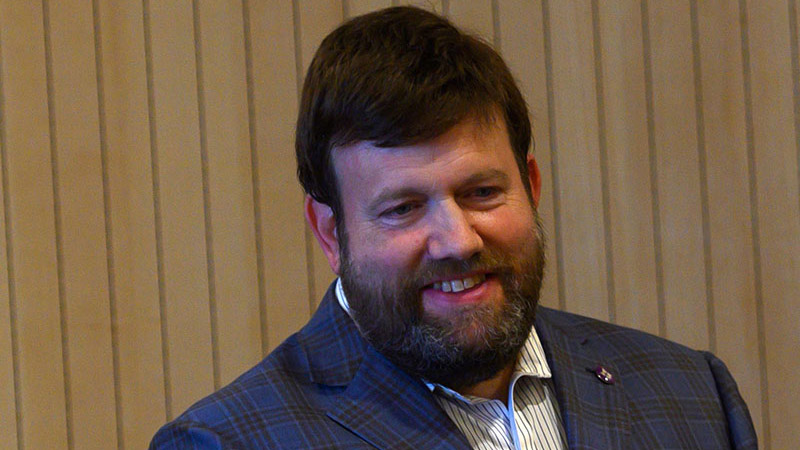GOP pollster and strategist Frank Luntz faced intense criticism on Saturday after questioning Vice President Kamala Harris’ decision not to accept a debate with Donald Trump on Fox News. The controversy erupted after Harris agreed to a CNN debate proposed for October 23, and Luntz wondered why she hadn’t accepted a similar offer from Fox.
CNN’s Kaitlan Collins initially reported that Harris had accepted the debate challenge, with Harris adding, “I hope [Trump] will join me.” Trump, however, declined the invitation during a rally, despite previously praising CNN for being “fair” during his debate with President Joe Biden.
Luntz, who frequently appears on both CNN and conservative outlets, took to social media to ask, “Why didn’t she just accept the Fox News proposed debate this month?” His question immediately sparked outrage online, told the Associated Press.
Former Michigan Republican operative Jeff Timmer didn’t mince words, responding, “No one should treat Luntz as a serious person… This is nincompoopery.” Democratic strategist Adam Parkhomenko also fired back, calling Luntz a “sexist dishonest pig.”
Many others piled on, with journalist Molly Jong-Fast sarcastically pointing out, “Yeah, Sean Hannity is known to be totally unbiased,” referencing Fox News’ conservative-leaning anchor. Law professor Jennifer Taub shifted the focus back to Trump, noting, “Why didn’t Donald? He said no already because he did not want those hosts.”
Former MSNBC host Keith Olbermann didn’t hold back either, declaring, “Because Fox is a w—-house, Frank,” while progressive author John Pavlovitz added, “Because it isn’t a news network, you shameless fraud.”
One of the most pointed critiques came from Bill Grueskin, a faculty member at Columbia Journalism School, who referenced Fox News’ $787 million settlement with Dominion Voting Systems. “There are exactly 787.5 million reasons why Harris wouldn’t do a Fox debate,” Grueskin said, alluding to the network’s involvement in promoting false claims about the 2020 election.
Luntz’s seemingly simple question stirred a larger debate about the credibility of certain news outlets and the reasons behind political figures’ choices to participate in debates. For many critics, the issue went beyond the debate itself, touching on broader concerns about media bias and integrity.

